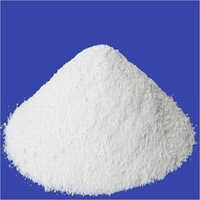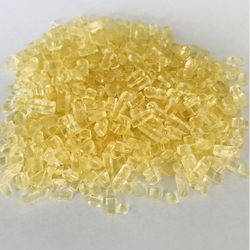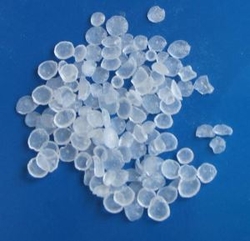
PUREIT CHEMICAL - | E-Showroom

PUREIT CHEMICAL
Office no -9, Star trading Center,1st floor, Above Chottus Kitchen, Near Chamunda Circle Borivali West, MUMBAI-400092. Mumbai
India
Phone
+91-9082367577
Website
https://www.pureitchemicals.com/
Gulf Yellow Pages Online is a Local Business to Business Directory in Gulf offering business list of more than 250,000 companies. You can find Hotels in Gulf , Companies in Gulf , Properties in Gulf , Travel info in Gulf through this Site. Yellow Pages Gulf Updated in 2024 Get Maximum Benefit for your Business Visit YP MarketPlaces
| About Us Careers Company Information User Guide About Us |
Buying Options Post Buying Leads Browse Categories Companies in Gulf How to Buy Buy From India |
Selling Options Post Selling Leads Browse Categories How to Sell Appoint Dealer |
Safety & Support Help Safety & Security Copyright Infringment |
Advertising How to Advertise? Host Website with us Elite Membership |
Method Of Payment Privacy Policy Refund Policy Dispute & Resolution Policy Terms |
| Thanks for Posting your Requirement
with
Gulf Yellow Pages Online
If you are not Verified Buyer then Please Verify Your Email to get Quotes from Verified Suppliers. |








|
Thanks for Reporting Error in Listing of on Gulf Yellow Pages Online
Our Technical Team will review the Information and will Rectify the Error as Soon as Possible. |
| Thanks for Reply.
Gulf Yellow Pages Online
Your Reply is Sent to the Buyer. |
| Thanks for Reply.
Your Reply is Sent to the Seller. |
| Ok Close |




